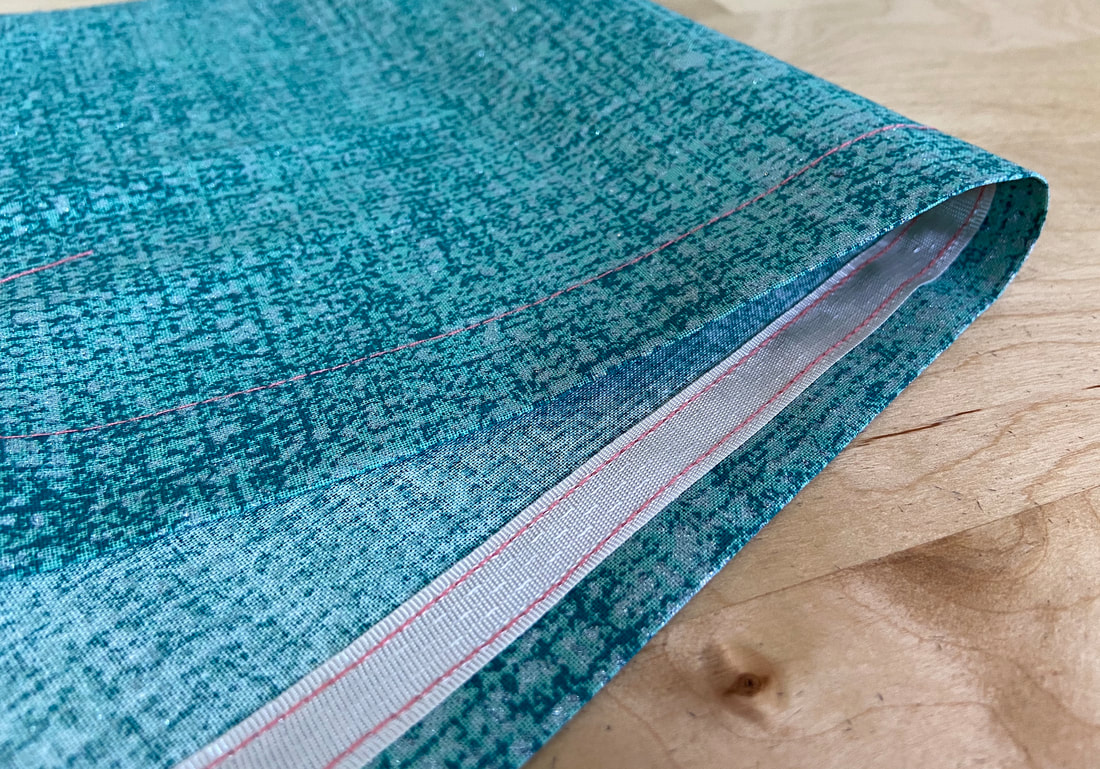
 4
4












 4
4




Gardens in my mind never need water
Castles in the air never have a wet basement
Well made buildings are fractal -- equally intelligent design at every level of detail.
Bright sparks remind others that they too can dance
What I am looking for is looking for me too!

 2
2




'What we do now echoes in eternity.' Marcus Aurelius
How Permies Works Dr. Redhawk's Epic Soil Series
 5
5




 4
4











 7
7




r ranson wrote:
An unhemmed edge would look nifty though.

Gardens in my mind never need water
Castles in the air never have a wet basement
Well made buildings are fractal -- equally intelligent design at every level of detail.
Bright sparks remind others that they too can dance
What I am looking for is looking for me too!

 4
4




"The only thing...more expensive than education is ignorance."~Ben Franklin. "We can easily forgive a child who is afraid of the dark; the real tragedy of life is when men are afraid of the light." ~ Plato
 2
2




"How fleeting are all human passions compared with the massive continuity of ducks.“ — Dorothy L. Sayers
 3
3




"The only thing...more expensive than education is ignorance."~Ben Franklin. "We can easily forgive a child who is afraid of the dark; the real tragedy of life is when men are afraid of the light." ~ Plato
 2
2




"How fleeting are all human passions compared with the massive continuity of ducks.“ — Dorothy L. Sayers
 2
2




Mercy Pergande wrote:No criticism of the frayed hem intended- I like the look and that skirt is very cool! I just personally prefer, on longer things, a finished hem, in large part because I have mobility issues and am particularly conscious of anything potentially trippy around my feet. And I thought the historical technique was interesting in the context because of the ability to replace the hem as part of normal clothing maintenance.
"The only thing...more expensive than education is ignorance."~Ben Franklin. "We can easily forgive a child who is afraid of the dark; the real tragedy of life is when men are afraid of the light." ~ Plato
 4
4











 3
3




Is the top stitching in a contrasting colour?the skirt is heavy with top stitching to match the jean fabric look.
Visit Redhawk's soil series: https://permies.com/wiki/redhawk-soil
How permies.com works: https://permies.com/wiki/34193/permies-works-links-threads
 4
4











 5
5




Dryers make the jeans fabric softer - less of a board - but at a huge cost in both energy and wear on the material. I find just doing the "shake periodically while drying" gets it part way without the down side of using myr ranson wrote:I don't normally use a dryer so maybe that's why the fabric is stiff? It's been so long since I wore jeans that I don't know if the dryer makes it worse or not.
Visit Redhawk's soil series: https://permies.com/wiki/redhawk-soil
How permies.com works: https://permies.com/wiki/34193/permies-works-links-threads
 5
5











 3
3






|
You didn't ask if I was naked, you asked if I was decent. This is a decent, naked, tiny ad:
The new kickstarter is now live!
https://www.kickstarter.com/projects/paulwheaton/garden-cards
|






